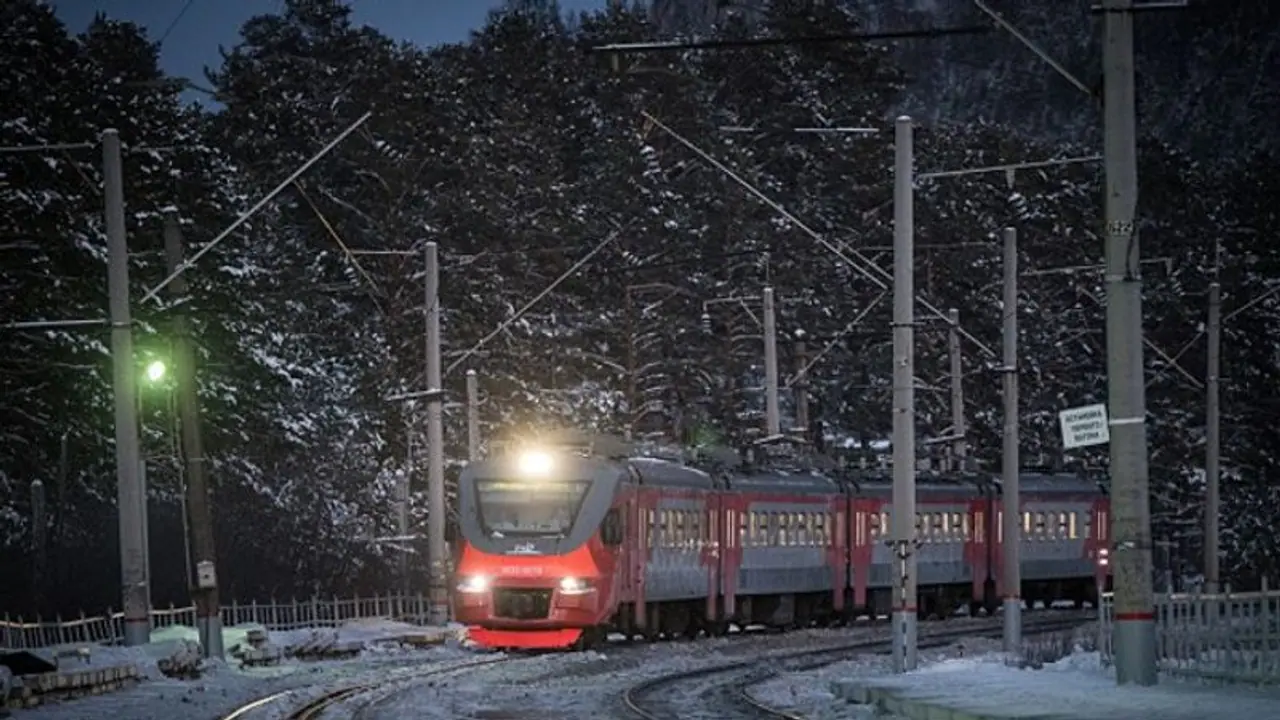Introducing the 'Tsar Train': Russia's Latest Innovation to Challenge Ukrainian Forces along the borderline. A breakdown of this new development and its potential impact on the ongoing conflict is provided in the Explainer article below.
Russia is quickly adapting to counter Ukraine and is already preparing a foolproof plan to stop any future advances from the enemy lines. The Ministry of Defense has developed innovative ways to protect the country’s now western border region with Ukraine's Donetsk district.

The Russian forces when they launched the attack on Ukraine in 2022 successfully claimed many border territories that were part of Ukraine. Donetsk region’s two cities - Olenivka and Volnovakha were captured by Russia. The cities remain in Russia's control and now serve as the westernmost borders to the country.
Ukrainian forces took Russia aback with their counter-efforts in the Summer of last year. This was after the West rallied their support in the form of aid which helped in gathering weapons and more soldiers along the border. Looking at the developments, Russia began its ‘Tsar Train’ to stop Ukrainian forces on the Western side in the future.
The ‘Tsar Train’ project consists of a 20-mile or 30-kilometre-long barricade consisting of more than 2,000 rail carriages made of heavy metal. Russia has almost completed its ambitious project that starts from Olenivka and ends at Volnovakha. The carriages consist of older trains and many were also taken from the Ukrainian territory, now controlled by Russia along the border line.
Satellite images released by the Institute for the Study of War showcase the long barricade along the western border. The barricade consisting of rail carriages will pose a greater challenge to Ukrainian forces aiming for counter-offensive operations as the ‘Tsar Train’ would immediately halt the troop movement on the border side. Moreover, blowing up the barricade is also not an easy option as the ‘Tsar Train’ consists of more than 2,000 train carriages made of heavy metals along a 30 km line.
